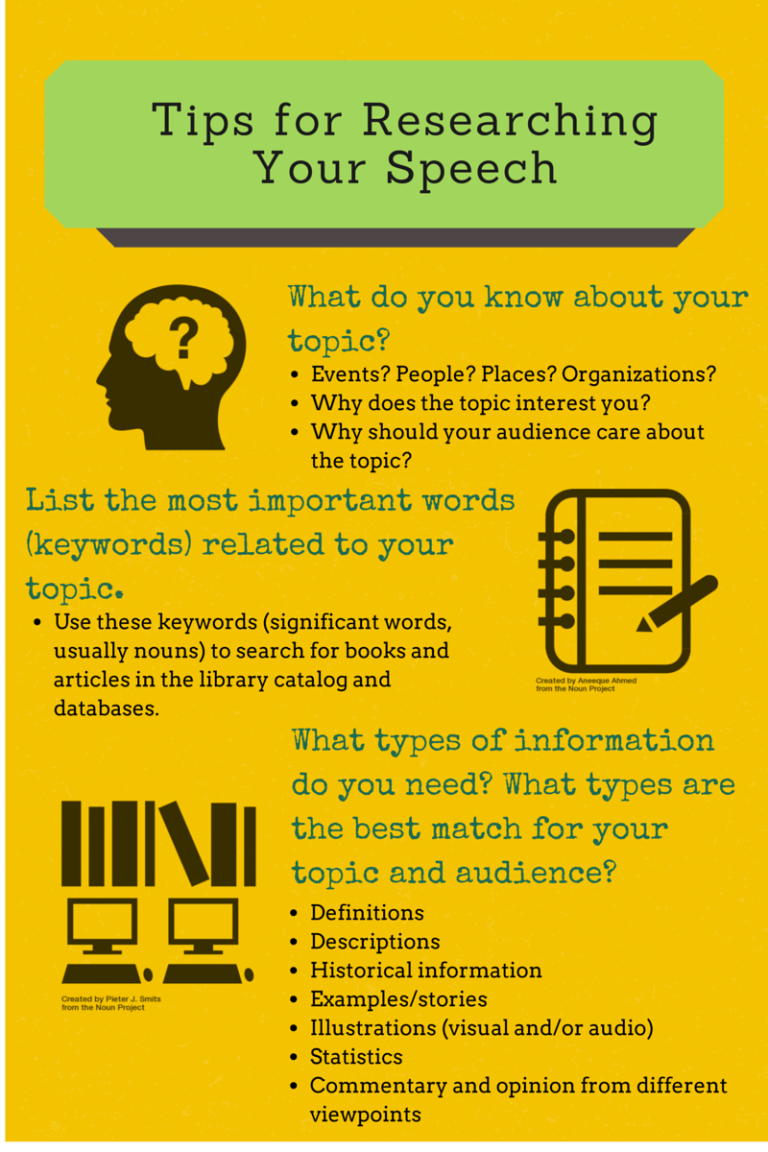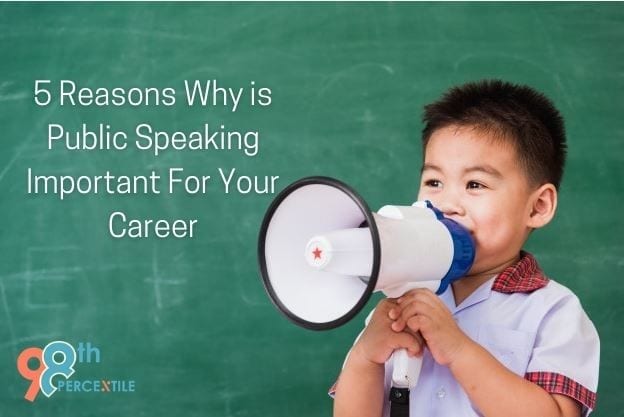CBT For Public Speaking Anxiety
If you find yourself feeling anxious and nervous every time you have to speak in front of others, you’re not alone. Public speaking anxiety is a common challenge that many people face. But what if I told you there’s a solution that can help you overcome this fear and become a confident speaker? Enter CBT for public speaking anxiety, a powerful approach that can transform your relationship with public speaking.
CBT, or Cognitive Behavioral Therapy, is a proven method that focuses on changing negative thought patterns and behaviors. It helps individuals identify and challenge their automatic thoughts, reframe negative beliefs, and develop new coping strategies. When applied to public speaking anxiety, CBT can be a game-changer, offering practical tools and techniques to overcome fear, boost confidence, and deliver presentations with ease.
In this article, we’ll dive deeper into the world of CBT for public speaking anxiety. You’ll discover how this therapy works, learn effective strategies to manage your anxiety, and gain valuable insights to help you conquer your fear of public speaking. So, if you’re ready to transform your anxiety into confidence and become a persuasive and engaging speaker, let’s get started!

CBT for Public Speaking Anxiety: A Guide to Overcoming Your Fear
Public speaking anxiety, also known as glossophobia, affects many individuals, causing fear and distress when faced with speaking in front of a crowd. However, cognitive-behavioral therapy (CBT) has proven to be an effective treatment for managing and overcoming public speaking anxiety. In this article, we will explore how CBT can help individuals conquer their fear, providing detailed information on the techniques and strategies used in CBT for public speaking anxiety.
Understanding Public Speaking Anxiety
Public speaking anxiety is a common fear experienced by many, ranging from mild discomfort to debilitating anxiety. It can manifest as physical symptoms such as rapid heartbeat, sweaty palms, trembling, and dry mouth. Additionally, individuals may experience negative thoughts and beliefs about their performance, leading to avoidance and a significant impact on personal and professional life.
1. Breaking Down Cognitive-Behavioral Therapy (CBT)
Cognitive-behavioral therapy (CBT) is a form of psychotherapy that aims to identify and change negative thought patterns and behaviors contributing to anxiety. It is based on the belief that our thoughts, emotions, and behaviors are interconnected. By targeting these interconnected components, CBT empowers individuals to develop healthier coping mechanisms and improve their overall well-being.
In the context of public speaking anxiety, CBT focuses on challenging and reframing negative thoughts related to public speaking. The goal is to replace irrational beliefs, such as “I will embarrass myself,” with more realistic and positive ones, such as “I am well-prepared and capable.” This shift in thinking helps individuals gain confidence and reduce anxiety when speaking in public.
CBT also utilizes behavioral techniques to encourage gradual exposure to public speaking situations. This may involve starting with small and less intimidating speaking engagements, such as speaking in front of a close friend or family member, and gradually progressing to larger audiences. Through this process of desensitization, individuals become more comfortable and confident in their public speaking abilities.
2. The Benefits of CBT for Public Speaking Anxiety
CBT offers numerous benefits for individuals dealing with public speaking anxiety. Firstly, it provides individuals with practical strategies to manage and overcome their fear, enabling them to engage in public speaking with confidence and ease. This can lead to improved personal and professional opportunities, as public speaking often plays a crucial role in various aspects of life.
Additionally, CBT equips individuals with long-term coping skills they can apply in other anxiety-provoking situations. By challenging negative thought patterns and engaging in exposure exercises, individuals develop resilience and the ability to face fears head-on.
Moreover, CBT is a time-limited treatment, often consisting of 10-20 sessions, making it a practical and cost-effective option for individuals seeking relief from public speaking anxiety. The structured nature of CBT allows individuals to track their progress and witness tangible improvements within a relatively short timeframe.
3. Tips for Incorporating CBT Techniques
While it is recommended to seek professional guidance from a therapist trained in CBT for public speaking anxiety, there are several techniques individuals can incorporate into their daily lives to help manage their fear:
1. Cognitive Restructuring: Challenge negative thoughts and replace them with more positive and realistic ones. Practice reframing beliefs that fuel anxiety, focusing on evidence-based reasoning.
2. Visualization: Imagine successful and confident public speaking experiences. Visualize yourself delivering a compelling speech while feeling relaxed and in control. Regularly practicing this technique can help build confidence and reduce anxiety.
3. Controlled Exposure: Gradually expose yourself to public speaking situations, starting with smaller and less intimidating audiences. Increase the level of exposure gradually, allowing yourself to become more comfortable and confident over time.
4. Relaxation Techniques: Incorporate relaxation exercises such as deep breathing, progressive muscle relaxation, or mindfulness meditation into your daily routine. These techniques can help manage anxiety symptoms associated with public speaking.
Remember, practice is key in overcoming public speaking anxiety. By implementing CBT techniques consistently, individuals can develop the necessary skills to overcome their fear and thrive in public speaking settings.
Additional Strategies to Boost your Confidence
1. Self-Talk and Positive Affirmations
Self-talk is the internal dialogue individuals engage in throughout the day. In the context of public speaking anxiety, negative self-talk can worsen anxiety levels. Combat this by consciously reframing negative thoughts into positive affirmations. For example, replace “I will mess up my presentation” with “I am well-prepared and capable of delivering a great presentation.”
2. Physical Exercise and Stress Reduction
Engaging in regular physical exercise helps reduce overall stress levels and boosts confidence. Exercise stimulates the release of endorphins, the body’s natural mood-boosting chemicals, promoting a sense of well-being. Additionally, practicing stress reduction techniques such as yoga or meditation can provide relaxation and mental clarity.
3. Seek Support and Feedback
Surround yourself with supportive individuals who can offer encouragement and constructive feedback. Practicing your speeches in front of friends, family, or even joining public speaking clubs or workshops allows you to receive helpful insight and build confidence through positive reinforcement.
In conclusion, CBT is a valuable and effective approach to managing and overcoming public speaking anxiety. By challenging negative thoughts, engaging in gradual exposure, and utilizing various techniques, individuals can build confidence and conquer their fear of public speaking. Incorporating additional strategies such as positive self-talk, physical exercise, and seeking support further enhances the journey towards achieving public speaking success. Remember, practice and persistence are key in creating lasting change and reclaiming the joy of public speaking.
Key Takeaways: CBT for Public Speaking Anxiety
- Cognitive Behavioral Therapy (CBT) can help individuals overcome their fear of public speaking.
- CBT focuses on identifying and changing negative thought patterns and beliefs related to public speaking anxiety.
- Practicing exposure exercises, such as gradually increasing speaking opportunities, can build confidence and reduce anxiety over time.
- Learning relaxation techniques, such as deep breathing and visualization, can help manage anxiety symptoms during public speaking.
- Working with a qualified therapist experienced in CBT techniques is important for effective treatment of public speaking anxiety.
Frequently Asked Questions
Welcome to our frequently asked questions section on CBT for public speaking anxiety. Here, we address common inquiries related to the use of cognitive-behavioral therapy (CBT) in treating anxiety associated with public speaking. Discover more about how CBT can help you overcome your fears and improve your public speaking skills.
1. How does CBT help with public speaking anxiety?
CBT is a form of therapy that focuses on changing negative thought patterns and behaviors. When it comes to public speaking anxiety, CBT helps individuals identify and challenge their irrational beliefs and fears related to speaking in front of an audience. In therapy, you will learn coping mechanisms and techniques to replace negative self-talk with more positive and realistic thoughts.
The goal of CBT for public speaking anxiety is to help you develop new skills and strategies to manage your anxiety effectively. Over time, you will become more confident and comfortable when speaking in public, as CBT helps you reframe your thoughts and beliefs about public speaking.
2. How long does CBT for public speaking anxiety take?
The duration of CBT for public speaking anxiety can vary depending on individual circumstances and the severity of your anxiety. On average, CBT treatment usually lasts for 12 to 16 sessions, which are typically conducted on a weekly basis. However, some individuals may require fewer or more sessions, depending on their progress and specific needs.
Keep in mind that CBT is a skill-based therapy approach, and you will be actively participating in the treatment process. The techniques you learn in therapy will require practice outside of sessions, which will contribute to the effectiveness and duration of the treatment.
3. Can CBT completely eliminate public speaking anxiety?
While CBT can significantly reduce public speaking anxiety, it’s important to understand that complete elimination of anxiety may not be realistic for everyone. The aim of CBT is to equip individuals with the tools and skills to manage their anxiety effectively and improve their overall public speaking experience.
CBT helps you identify and challenge negative thoughts and beliefs, providing you with coping strategies to handle anxiety-provoking situations. With practice, you can learn to minimize the impact of anxiety on your presentations and develop a more positive and confident mindset when speaking in public.
4. Is CBT the only treatment option for public speaking anxiety?
No, CBT is not the only treatment option for public speaking anxiety. Other therapeutic approaches, such as exposure therapy, mindfulness-based interventions, and medication, may also be considered depending on individual needs and preferences.
It’s important to consult with a mental health professional who can assess your specific situation and recommend an appropriate treatment plan tailored to your needs. Together, you and your therapist can determine which treatment options are best suited to help you overcome your public speaking anxiety.
5. Can CBT help with other forms of anxiety as well?
Yes, CBT is an evidence-based treatment approach that has been proven effective for a wide range of anxiety disorders, including social anxiety, generalized anxiety disorder, panic disorder, and specific phobias. CBT focuses on addressing the underlying thoughts and behaviors that contribute to anxiety, making it a versatile treatment option for various anxiety-related conditions.
If you are experiencing anxiety in other areas of your life, it may be beneficial to explore CBT as a potential treatment option. A qualified mental health professional can assess your symptoms and help determine whether CBT or another form of therapy is most appropriate for your specific needs.
CBT Role-Play – Subjective Units of Distress, Anxiety, and Public Speaking
Summary
So, here’s what we learned about CBT for public speaking anxiety. First, CBT stands for Cognitive Behavioral Therapy, which is a type of therapy that helps people change their thoughts and behaviors. It can be really helpful for those who get really nervous or anxious about public speaking. The therapy focuses on identifying negative thoughts and replacing them with more positive ones, which can make speaking in front of others a lot less scary. It also teaches relaxation techniques, like deep breathing, to help control anxiety. Overall, CBT can be a great tool for overcoming public speaking anxiety and feeling more confident on the stage.


